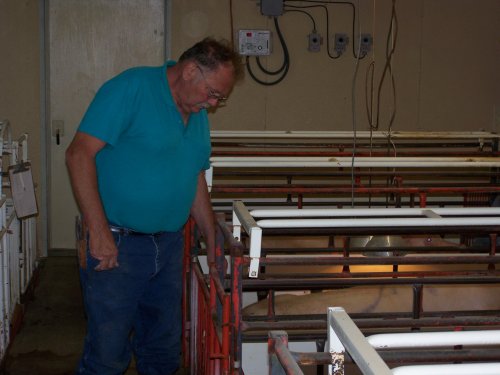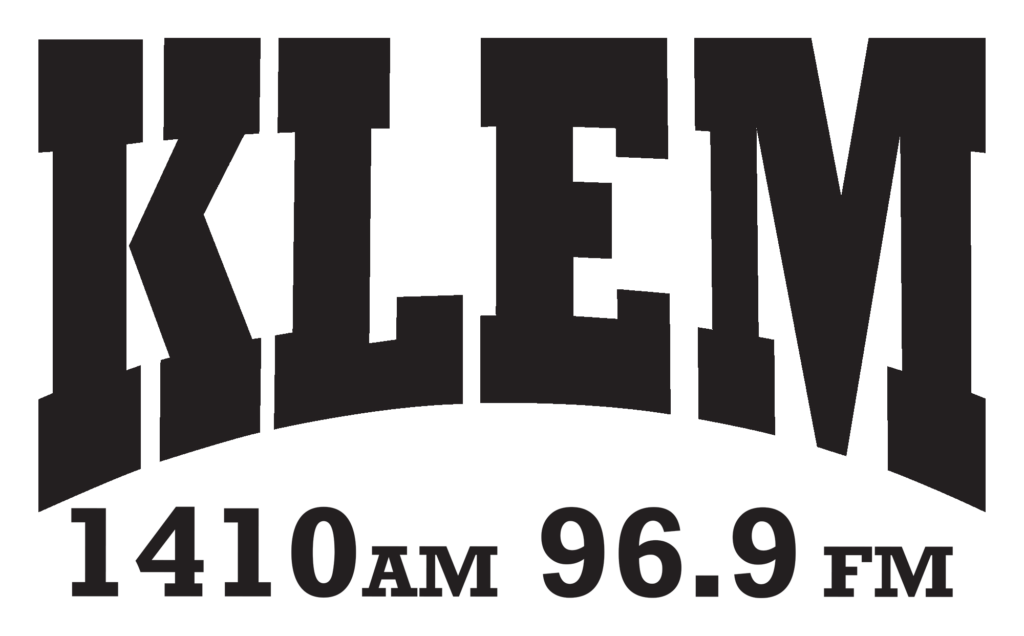LEEP Donates $16,000 To Le Mars Community School
(Le Mars) — Members of the Le Mars Educational Enhancement Program, or LEEP, presented a check totaling $16,000 to the Le Mars Community School Board during last evening’s school board meeting. The money will be used to help finance some technical interaction with the class rooms.

“Calendar Girls” Opens Tonight – Postal Playhouse Extends Production For One More Day
(Le Mars) — Tonight, (Wednesday) the curtain goes up for the opening of the Le Mars Community Theater’s production of “Calendar Girls” at the Postal Playhouse, and already the community theater officials are extending the show dates by an extra day. Due to the popular demand for seats, the production will continue for an additional night through Wednesday, June 3rd. Reservations may be made online at https://www.ticketstage.com/T/LEMARSCT, or by visiting or calling us during box office hours, weekdays 11am until 2pm. We are located at 105 1st St NE in Le Mars, and may be reached at 546-5788.
Tentinger Selected To National Pork Board
(Le Mars) — A local pork producer has been selected to serve on the National Pork Board. Bill Tentinger of Le Mars was recently notified by the U-S Department of Agriculture of the selection. Agriculture Secretary Tom Vilsack announced six appointments to the 15-member National Pork Board. Tentinger and four other appointees will each serve a 3-year term and one appointee will serve a 2-year term. The 15 member pork board oversees the pork check-off program. Forty cents of every $100 value of pork that is sold is collected from pork producers. The pork check-off is used for promotion, education, market development, and research.

U-S House Agriculture Committee Votes To Repeal “Country Of Origin Labeling”
(Sioux Center) — Just before the Memorial Day holiday break, the House Agriculture Committee voted 38 to 6 to repeal the controversial “Country of Origin Labeling” Act, or sometimes referred to as the “COOl” Act. This was done only for meat products of beef, pork, and chicken. It does not apply to fruits and vegetables. The reason the Agriculture Committee voted to repeal the program is derived out of fear that foreign nations, especially our neighbors, Canada and Mexico, would retaliate against the U-S on trade agreements, and would impose some costly tariffs on ag products that we export.
Iowa 4th District Congressman Steve King serves on the House Agriculture Committee, and he says the World Trade Organization had ruled that the label, which requires U-S meat producers to indicate on retail packaging where each animal was born, raised, and harvested, accords less favorable treatment to imported meat than to domestic products. This was the fourth time the World Trade Organization ordered the U-S to bring COOL rules into compliance.
King says a few years back, the U-S Department of Agriculture had re-written some rules with regards to the Country of Origin Labeling, hoping it would be within compliance of the WTO. However, the WTO ruled against the United States, saying the country of origin labeling was still acting as a trade protection in favor of U-S products.
Listen to
{audio} images/stories/mp3/May 2015/King Cool1.MP3{/audio}
Congressman King says it is in the best interests of American producers and consumers to repeal the COOL act.
Listen to
{audio} images/stories/mp3/May 2015/King Cool2.MP3{/audio}
The COOL Act was a part of the 2008 Farm Bill. It was created with the belief it would better assist consumers with information regarding where their food comes from. But, one thing Congressman King shared is that sometimes with livestock and meat products, the COOL act can be confusing. He says as an example, cattle or pigs that were born in Canada, but are fed, raised and harvested in the United States.The question then becomes, which country do we place on the label?
Kansas Senator Pat Roberts, who chairs the Senate Agriculture Committee has said he will take a hard look at the repeal bill. A recent Agriculture Department study found COOL regulations don’t provide “measurable economic benefits” for American consumers, and it costs producers, packers, and retailers in the U-S Two-point-six billion dollars a year. In the words of Senator Roberts, “people aren’t really paying too much attention to the COOL label”.





